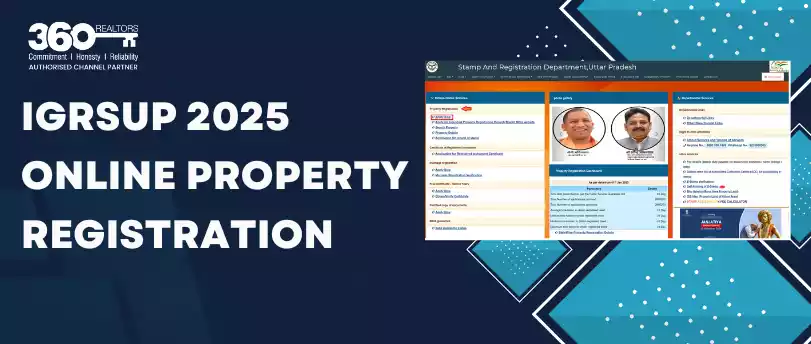When a house property is transferred or sold, it leads to taxability of the capital gains for the taxpayers. This can both be short and long-term in nature. It depends on the span of time, during which the person holds the property.
No express mechanism exists under the Act, that helps one to arrive at the acquisition date of a house. This is a much-discussed issue over several years, considering the under-construction properties. Various interpretations can be made on this point.
The aspects are very subjective, considering the wide range of practices that are prevailing. Besides, people can avail different schemes that the developers and builders offer. A wide range of judicial proceedings exists, that have different interpretations on the date on which a property is acquired. This includes the date of registration of the property, date of possession, date on which the majority payment is made and so on. In each case, the circumstances and facts warrant an examination, through which one can take an informed decision on this aspect. At the same time, the impact is evident on the capital gains exemption on sale.
It is possible for a property buyer to claim an exemption against long-term capital gains, if the person invests these sale proceeds or gains of the property to construct or purchase another property in India. Some specific timelines also need to be taken into consideration in this respect. If the construction takes more than three years to be completed, these exemptions may not be available. This leads to unnecessary hardships to a property owner for factors that lie beyond the control of the person. The reason is, delays in construction may happen for a variety of reasons, resulting in the time period for construction extending beyond three years. In this regard, judicial courts held different principles to come up with a liberal interpretation of the construction date. The reason is, for taxpayers, it is a beneficial provision and needs to be followed according to the spirit and intent of the stature. It is considered that the objective of the legislature was to foster greater interest in investments while acquiring a residential property. This is not strictly applicable to the completion of construction of the property, or its occupancy.
As per section 54 of the Act, if a person sells off the property and gets long-term capital gains, he or she is eligible for an exemption on the gains, if it is re-invested in a residential property. During the Interim Budget 2019, it was declared that one can avail an exemption once in a lifetime on these long-term gains, provided that the figure is 2 crore or less than that. Besides, it has to be re-invested in two residential homes in India.






